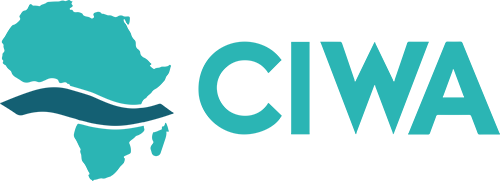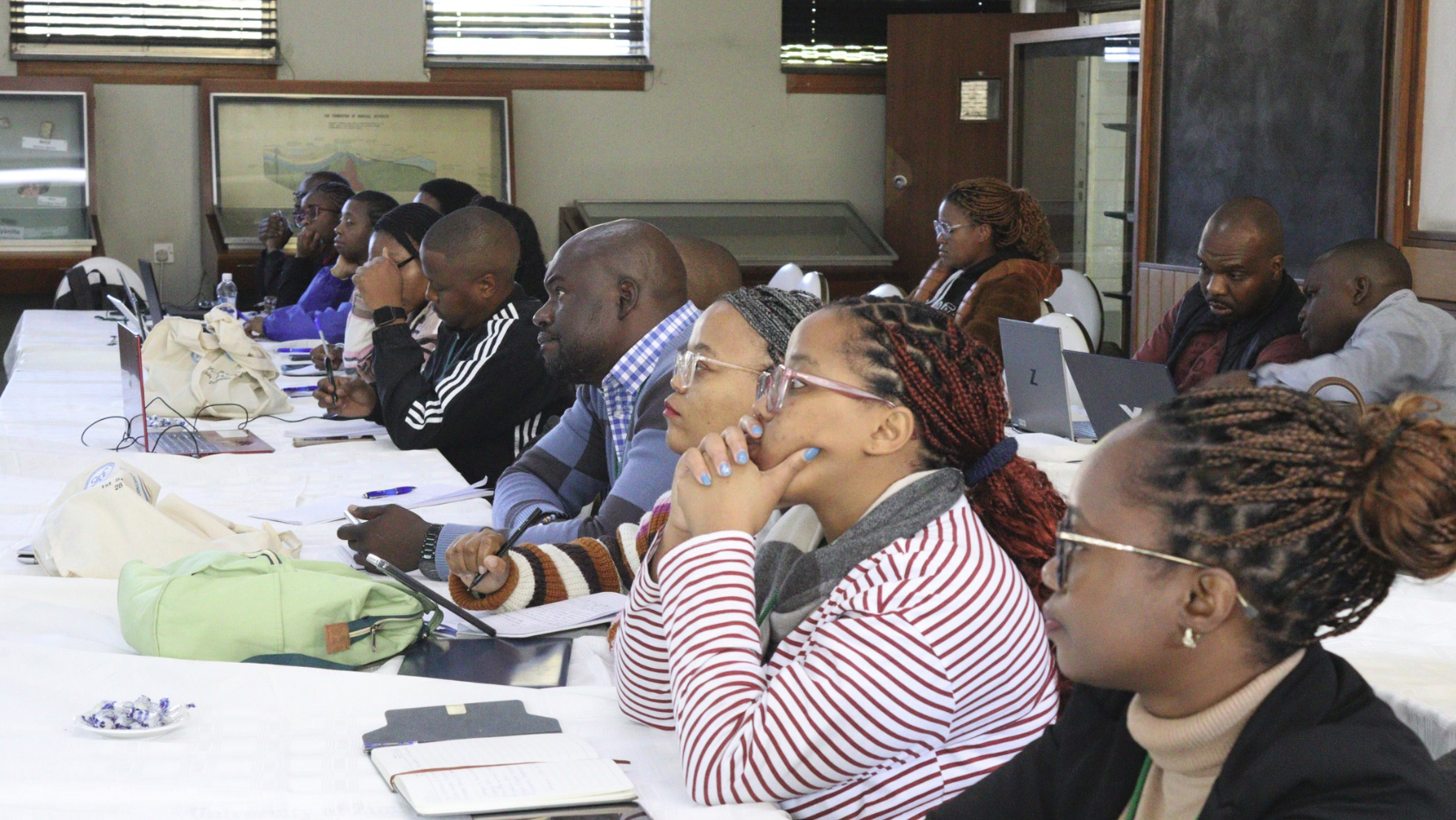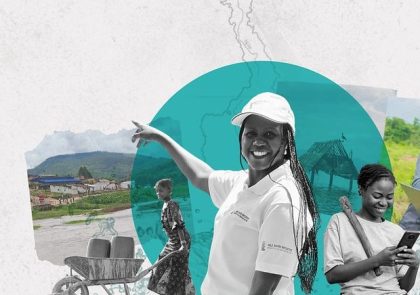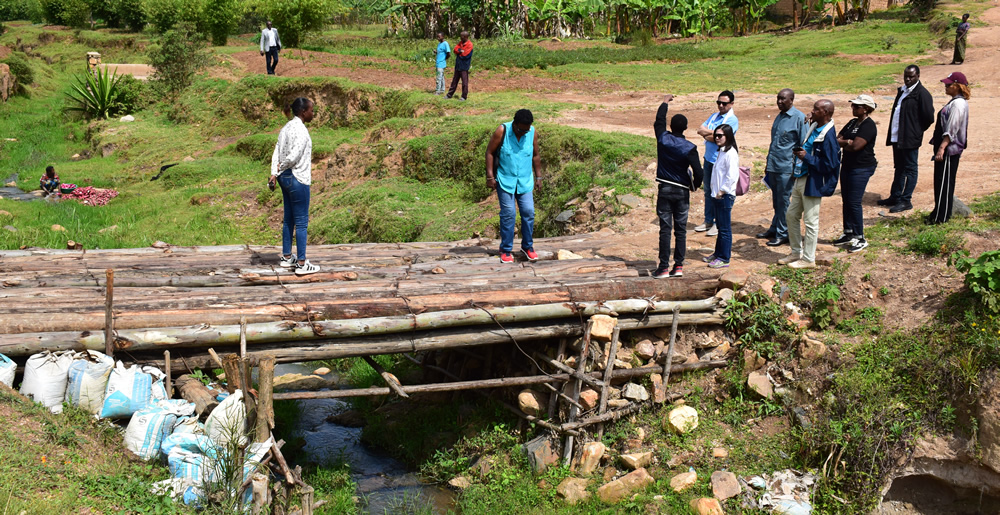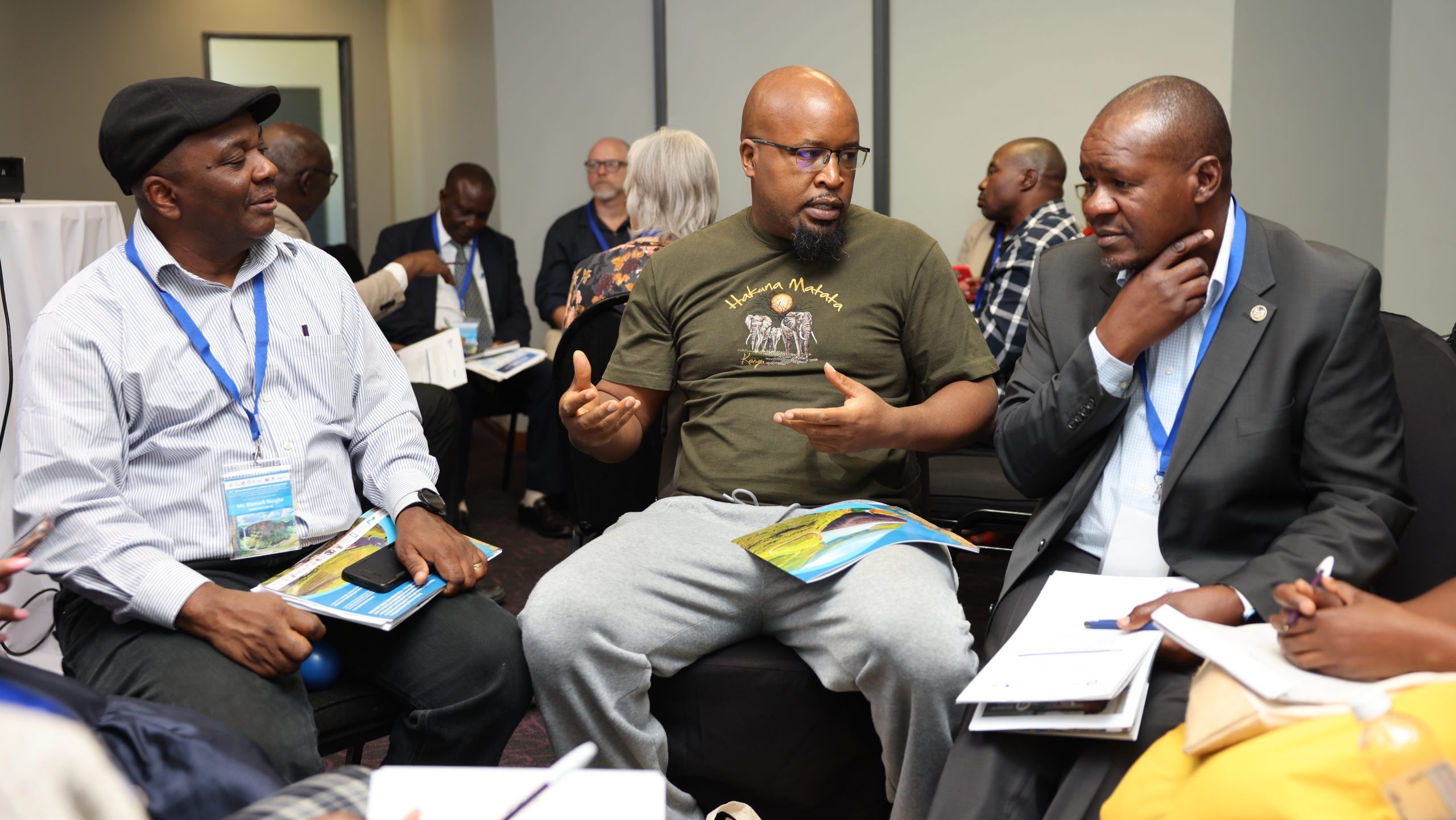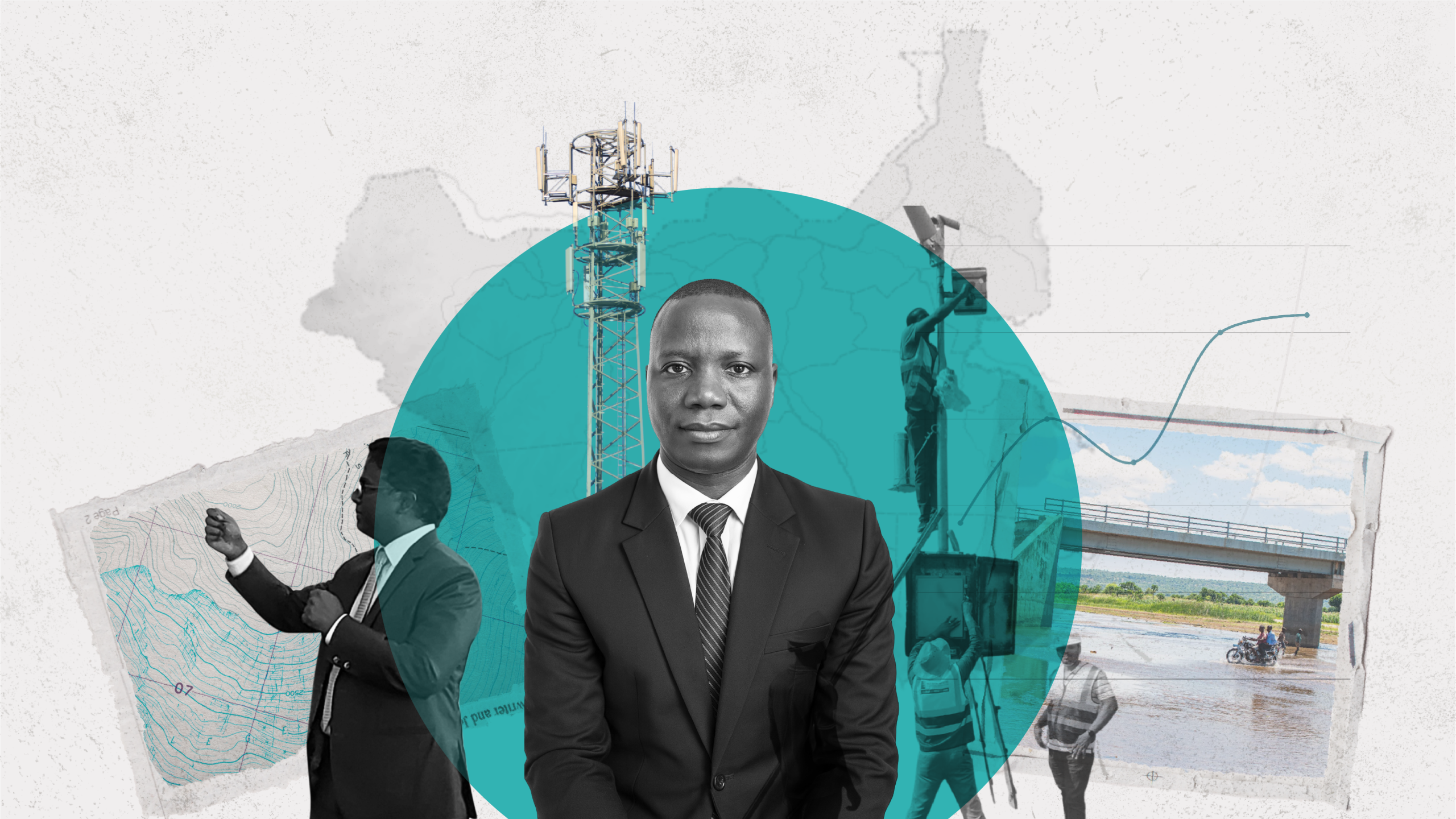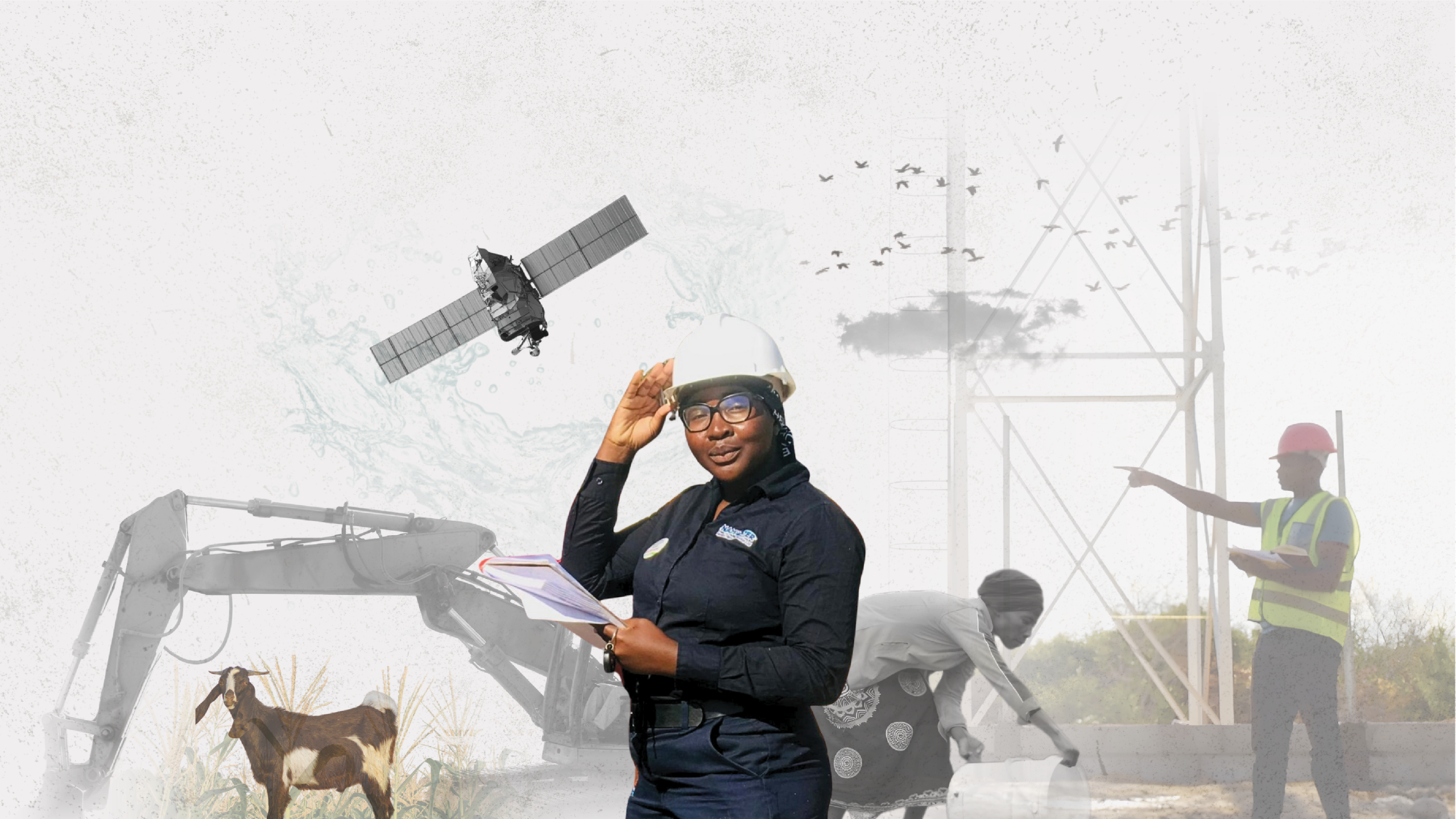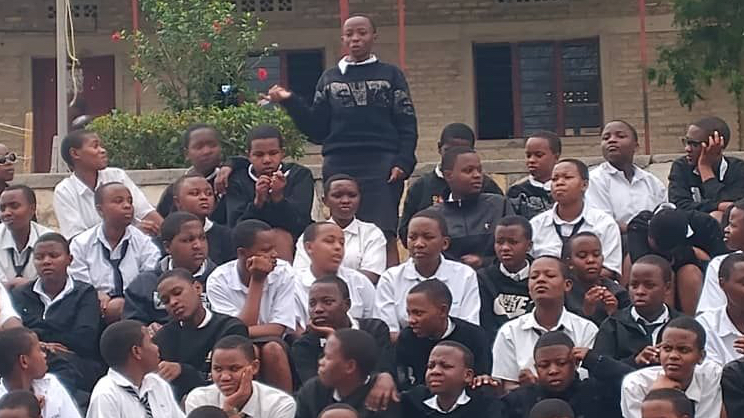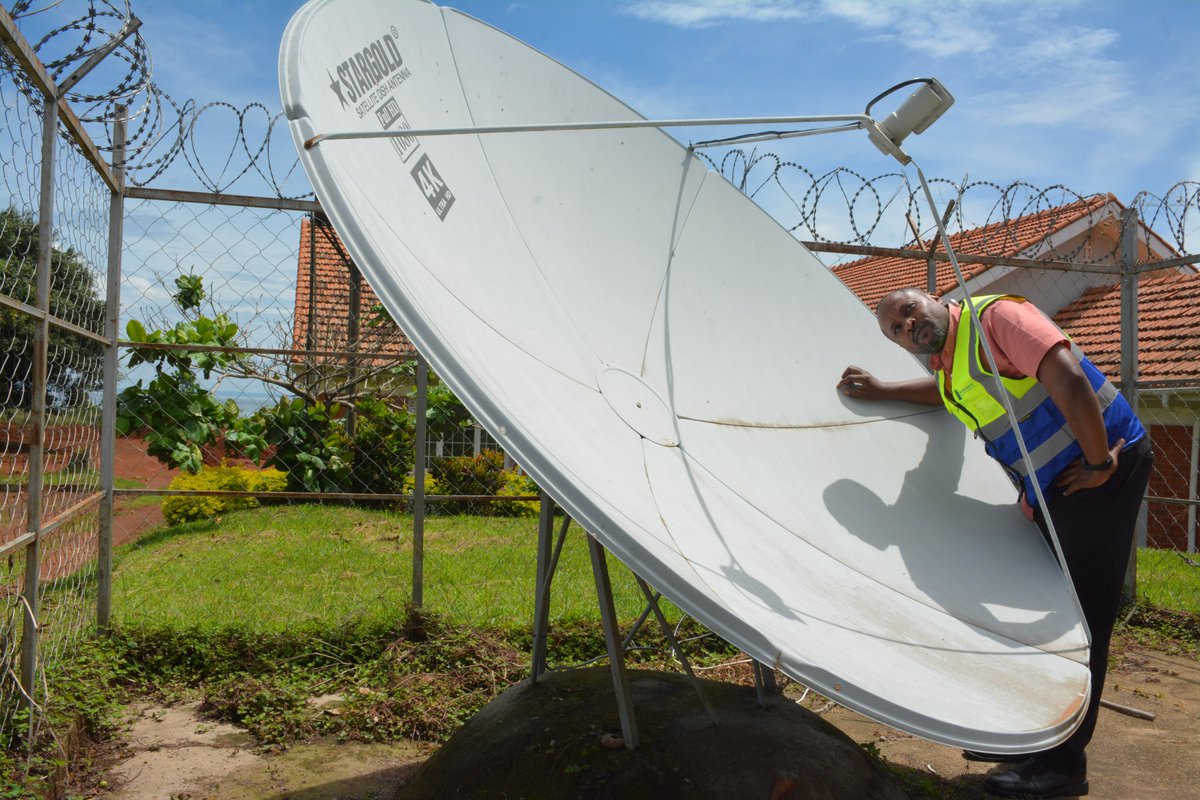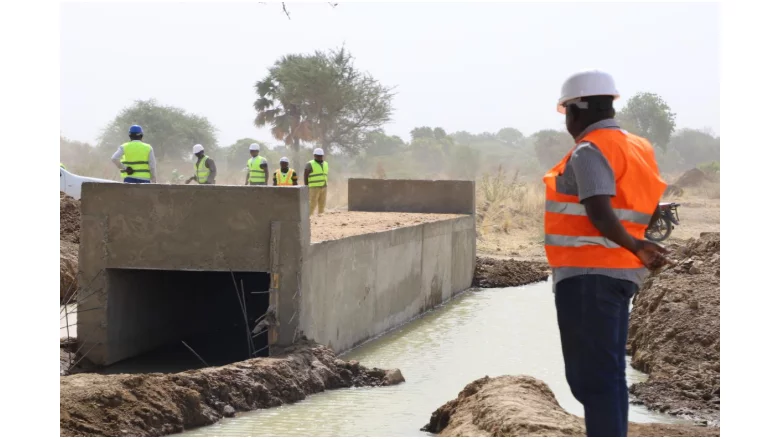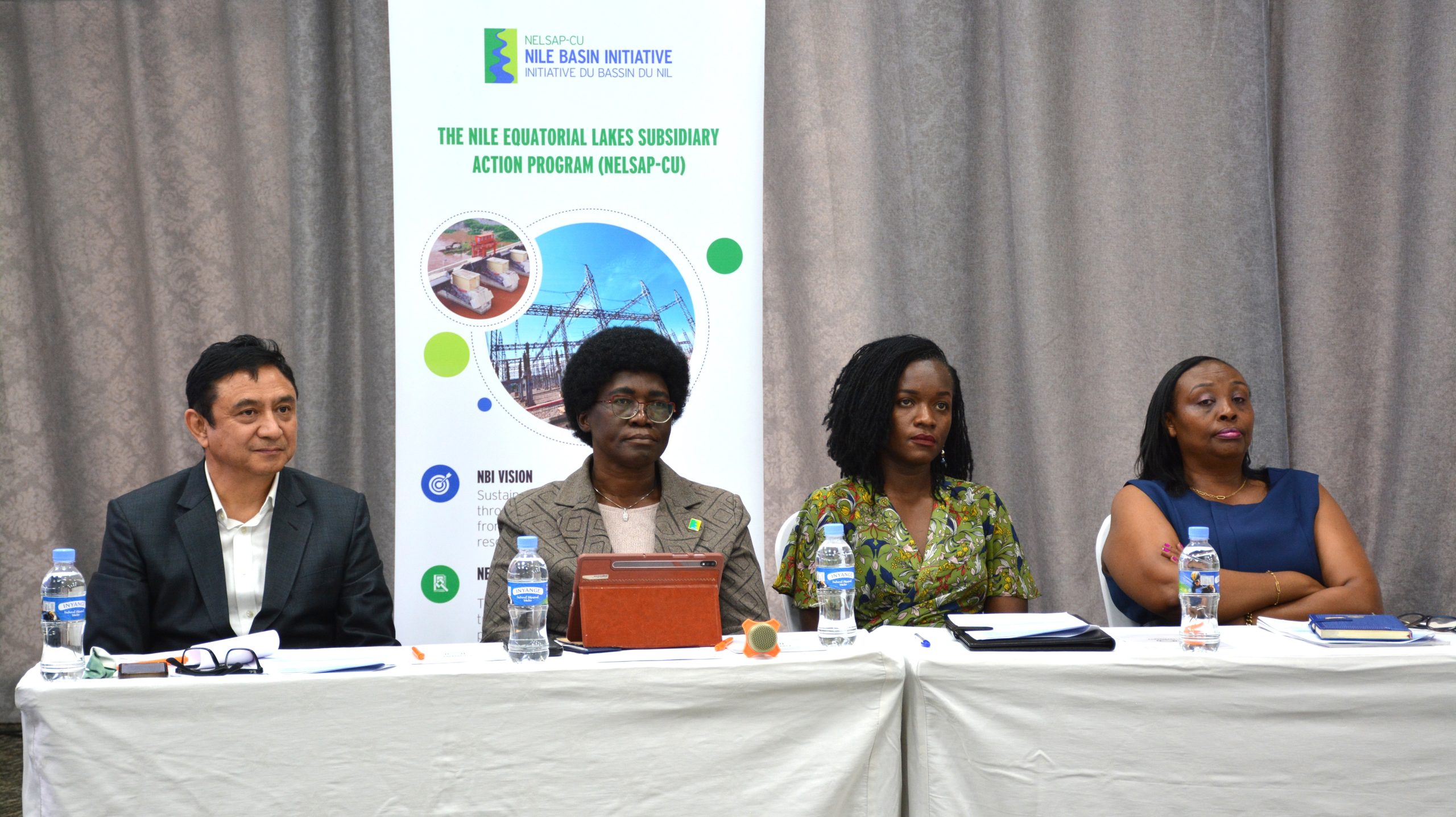Becoming a Leader: Ilca Nhandamo’s Journey in Water Resources Management
Posted in : Blog on 25 February 2026
Ilca Nhandamo is a Master’s graduate in Engineering and Water Resources Management from Zambezi University in Mozambique. Today, Ilca is applying her skills to advance sustainable groundwater management across Southern Africa.
Milly Mbuliro: Protecting the Nile Basin from the fury of flash floods
Posted in : A View From The Field on 9 February 2026
Milly Mbuliro sees the impact of floods during her field work travels throughout Nile Basin countries for her job, which includes serving as the coordinator for the NELSAP transboundary component of the CIWA funded Regional Climate Resilience Project.
Rwanda: Empowering Communities for Climate Resilience in Makera Watershed
Posted in : Blog on 2 February 2026
A new program – NCSCR – was created in 2025 by CIWA in partnership with the civil society organization Nile Basin Discourse: for water resources management to be effective, genuine community engagement is essential.
Why Male Allyship Still Matters in 2026: Inside CIWA’s Gender Training
Posted in : Blog on 29 January 2026
January 2026: First CIWA Male Champions training of the year, designed and facilitated to enable Male Champions to learn about gender equality concepts and practices and be introduced to the approach and expectations of the initiative.
Longa Seme Isaiah: An evangelist for regional cooperation
Posted in : A View From The Field on 19 January 2026
How water data, early-warning systems, and regional cooperation are helping South Sudan reduce flood impacts amid climate change, fragility, and conflict. Read the story of Longa Seme Isaiah.
Water Resources: The Lifeblood of Sub-Saharan Africa’s Resilience and Growth
Posted in : Blog on 15 December 2025
When waters cross borders, solutions must too. Explore the new CIWA Program Annual Report and see how cooperation is driving climate-resilient water management across Africa.
Inspiring Rwandan girls to transform water challenges into careers
Posted in : Blog on 22 November 2025
Led by NELSAP-CU and funded by the CIWA Program, a unique outreach campaign began in early June 2025, making waves in Rwanda’s secondary schools.
Building Climate Resilience in the Nile Basin: NBI’s Contribution Ahead of COP30
Posted in : Blog on 8 November 2025
As the world gathers for COP30, the Nile Basin stands as strong evidence of how regional cooperation can build climate resilience in shared water systems.
Harvesting Hope: How Communities Are Reviving the Lake Chad Region
Posted in : Blog on 24 October 2025
Achta’s story reflects a broader transformation across the Lake Chad Basin. For decades, the region has been battered by conflict and climate change. Once the sixth-largest freshwater lake in the world, Lake Chad has shrunk by nearly 90% since the 1970s.
A Regional Model for Success: World Bank Praises NBI’s Nile Cooperation and Climate Resilience Project
Posted in : Blog on 23 October 2025
The Nile Basin Initiative’s (NBI) Nile Cooperation and Climate Resilience (NCCR) project, funded by the World Bank’s CIWA program, has almost concluded, significantly bolstering NBI’s capacity for climate action and transboundary water cooperation.
